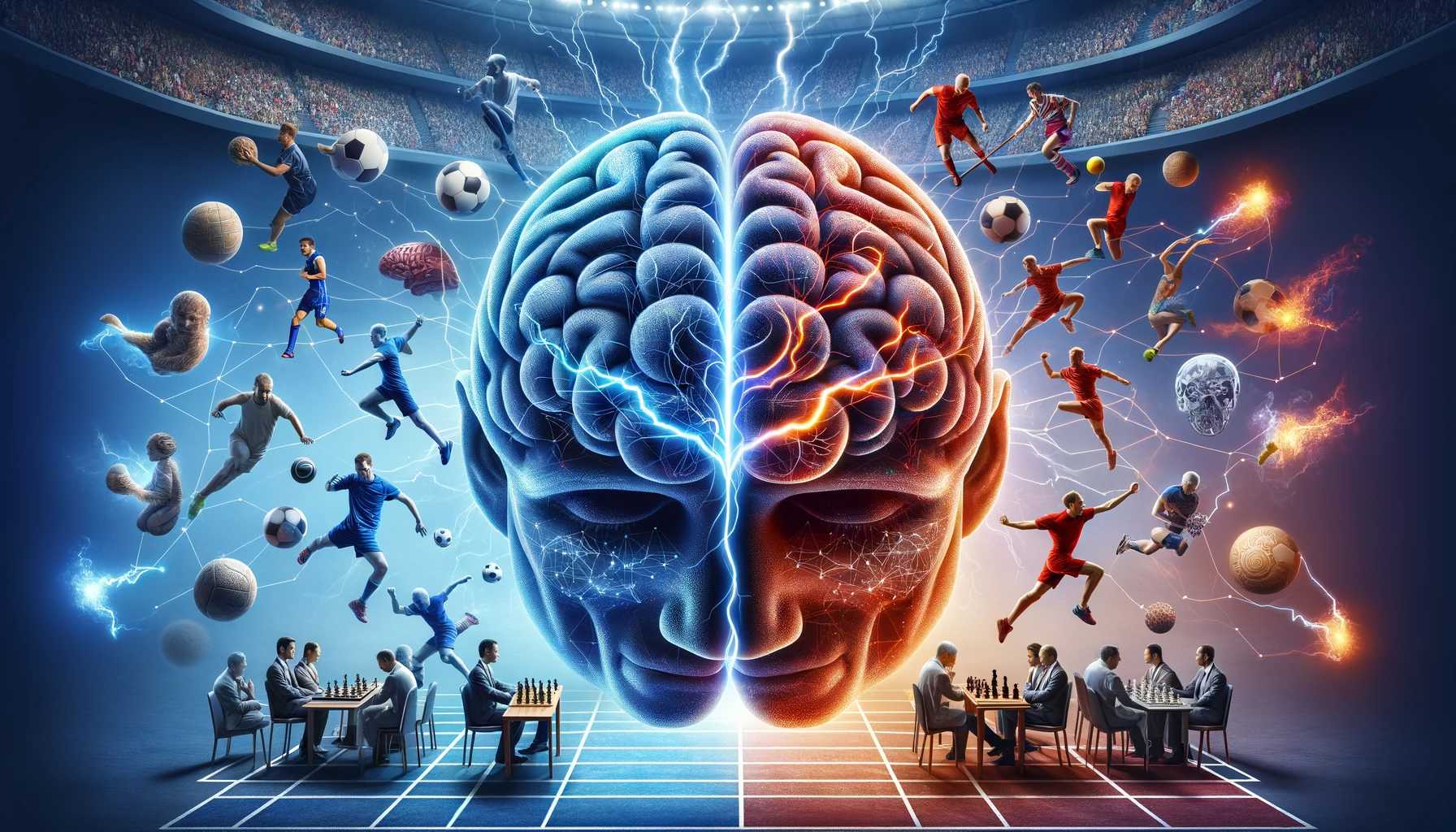Competition is the key part of many games. Human beings are competitive in nature, sometimes to a very extreme level. Like most behavioral characteristics, competition are of different range, some are relatively less competitive, others more so, and a few are really obsessed with winning in everything.
Games have a key part on the player’s psychology. On the positive side, competition can improve motivation and a sense of achievement. But the negative side, it can lead to feelings of frustration and danger. Psychologist, are more interested on the positive impact of competition, ensuring one is in a healthy competition.
Man is wired for competition, when we look around us every individual is aiming for the top, to rule, to survive, and also to have fun. Let’s dive into the psychology of competition.
Social Competition: The personality of any human is a product of both internal and external factors. Social competition is a specific type of competition that occurs when players are competing with each other for social status. It’s common in games that have leaderboards or rankings. This kind game have both positive and negative aspect. Positive aspect, it can encourage players to work hard and improve their skills, negative aspect, it can lead to jealousy and envy.
Evolutionary Perspective of Competition: It’s intuitive that some people are more competitive than others. Human are diverse in many aspect and the competitive nature drive is no exception. Evolutionary psychologists have proposed that humans evolved to be competitive because it helped us to survive and reproduce. Competition for resources like food and mates was a way to ensure that only the strongest and fittest individuals would pass on their genes.
Competitive people may be overly focused on the short term and less prudent in the way they utilize resource, because they prioritize winning over efficiency. It’s important to recognize the valve of diversity both in people of less competitive personality and in people of more competitive personality.
The Nature of Hyper-Competitiveness: Psychologically, hyper-competitiveness can be defined as an indiscriminate need to compete and win at all cost. Hyper-competitiveness is a phenomenon that occurs when people become obsessed with winning, to the point where it interferes with their lives. Some psychologists believes that this type of competitiveness is linked to low self-esteem and a need for validation. While other argues that it’s a way for people to gain status and power.
Individual who derives their self-worth solely from winning, or from social status and tangible rewards, are more likely to be competitive to an unhealthy degree.
Factors that can lead to Psychological Competition
Just as with many behavioral traits, competitiveness is not an absolute quality but instead exists on a continuum. There are many factors associated with competitiveness, these factors interact in complex ways to shape our drive, they include
Environment or Upbringing: Some parent are highly competitive and places emphasis on winning these attitude are easily passed to their children. These parent think highly of themselves, not minding the negative impact will have on their children. They are at the center of it all, be it sports, academic or any other social activities.
The Need for validation: people who have low self-esteem or feel like they don’t measure up are likely to engage in competitive behavior as a way to prove themselves. Games can be a source of recognition, especially when they have built-in features like leaderboard and achievements. These features can creates a sense of accomplishment and validation which can be addictive for some people.
Desire for Control: people who don’t have much control in their lives may turn to competition as a way to assert dominance and feel more in control.
Need for Recognition: Some people may crave attention and validation from others, and they may see winning as a way to get it.
Social Comparison and Competitiveness
Social comparison theory is a psychological concept that suggests that people compare themselves to others as a way to evaluate their own abilities and worth. This can lead to feeling of competition, as people may strive to be better than others in order to feel better about themselves.
Social comparison theory, individuals are propelled by basic drive, the unidirectional drive upward- to improve their performance at the same time minimize discrepancies between their and other persons’ level of performance.
Social comparison happens subconsciously, without people even realizing they’re doing it. Research has shown that people are more likely to compare themselves to others when they’re feeling insecure or inadequate.
Personality and Competitiveness
Personality traits can play a big role in determining how competitive a person is. People who are high in conscientiousness and extroversion, for example, are often more competitive than those who are low in those traits.
Neuroticism can also play a role, with people who are high in neuroticism being more likely to engage in destructive forms of competition.
People are more likely to be competitive when they measure their self-worth with others, when the competition is about something important to them, when their competitor have similar skill level, or when they know their competitors personality.
